This initiative is aimed at equipping Project Affected Households (PAHs) with additional knowledge and skills to better run their household micro-enterprises, create small-scale scale local based enterprises, and allow projecting Affected Households (PAH) members to earn an income through employment or through their businesses. The programme may vary from district to district and between Uganda and Tanzania because it is adapted to the local context and to the PAPs.
In Uganda, to further improve the resilience of affected households and improve their potential to earn an income beyond traditional agricultural-based activities, youths from project affected households in project priority areas that vacated land first were enrolled in short, transformative vocational training courses in diverse fields like Welding, Plumbing, Carpentry, Motor vehicle/Motorcycle mechanics, catering, Fashion & Design, with a significant number already utilizing the skills to earn an income.
This tailored education equips these youths with skills that significantly boosted their employability and entrepreneurial potential with a significant number already utilizing the skills to earn an income. Upon successful completion, all the graduates are furnished with specialized start-up kits tailored to their chosen vocational paths
In Tanzania, the Enterprise Development Training program is designed to build on the training and support provided during the agriculture-based livelihood restoration programs being implemented by EACOP. The program is focused on increasing household income and resilience to food insecurity by encouraging and empowering affected households to apply an entrepreneurial approach to their existing livelihood activities. The program includes training, coaching, mentoring, assistance in accessing finance, and establishment or reinforcement of savings groups.
In both Uganda and Tanzania, over 10,800, households are receiving livelihood restoration support, over 10,660 households have received transitional support and over 5,000 people have received training as part of the enterprise development or vocational training programmes.

© 2025 East African Crude Pipeline – All Rights Reserved
Course View Towers,
Plot 21, Yusuf Lule Road
P. O. Box 135596,
Kampala, Uganda
Tel: +256 (0) 204 916 000,
Toll Free: 0800 216 000
Email: [email protected]
18th Floor, 10 Upper Bank Street, London, United Kingdom E14 5BF
Msasani Penninsula,
Plot no. 1403
Bains Avenue off Chole Road.
P. O. Box 23139,
Dar es Salaam, Tanzania
Email: [email protected]